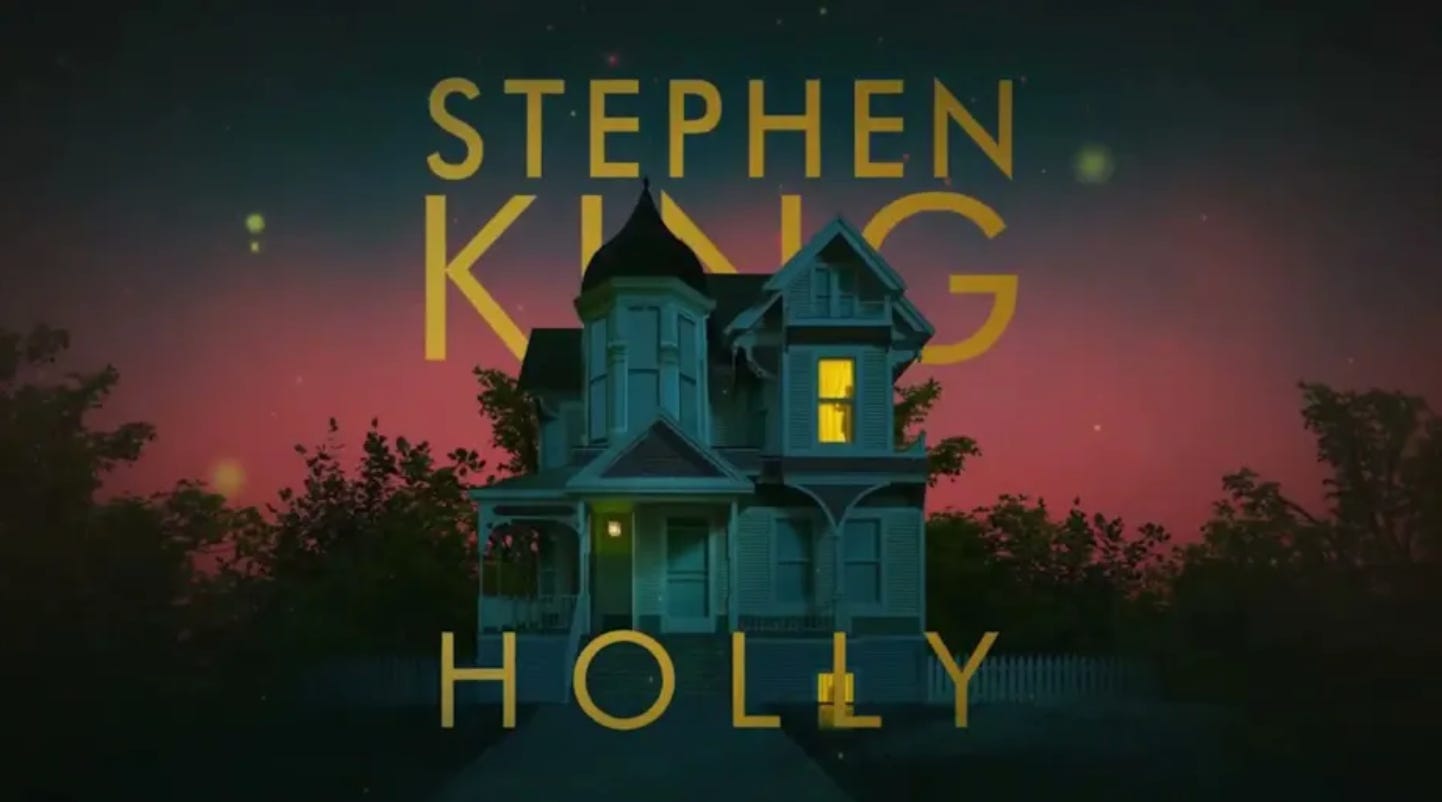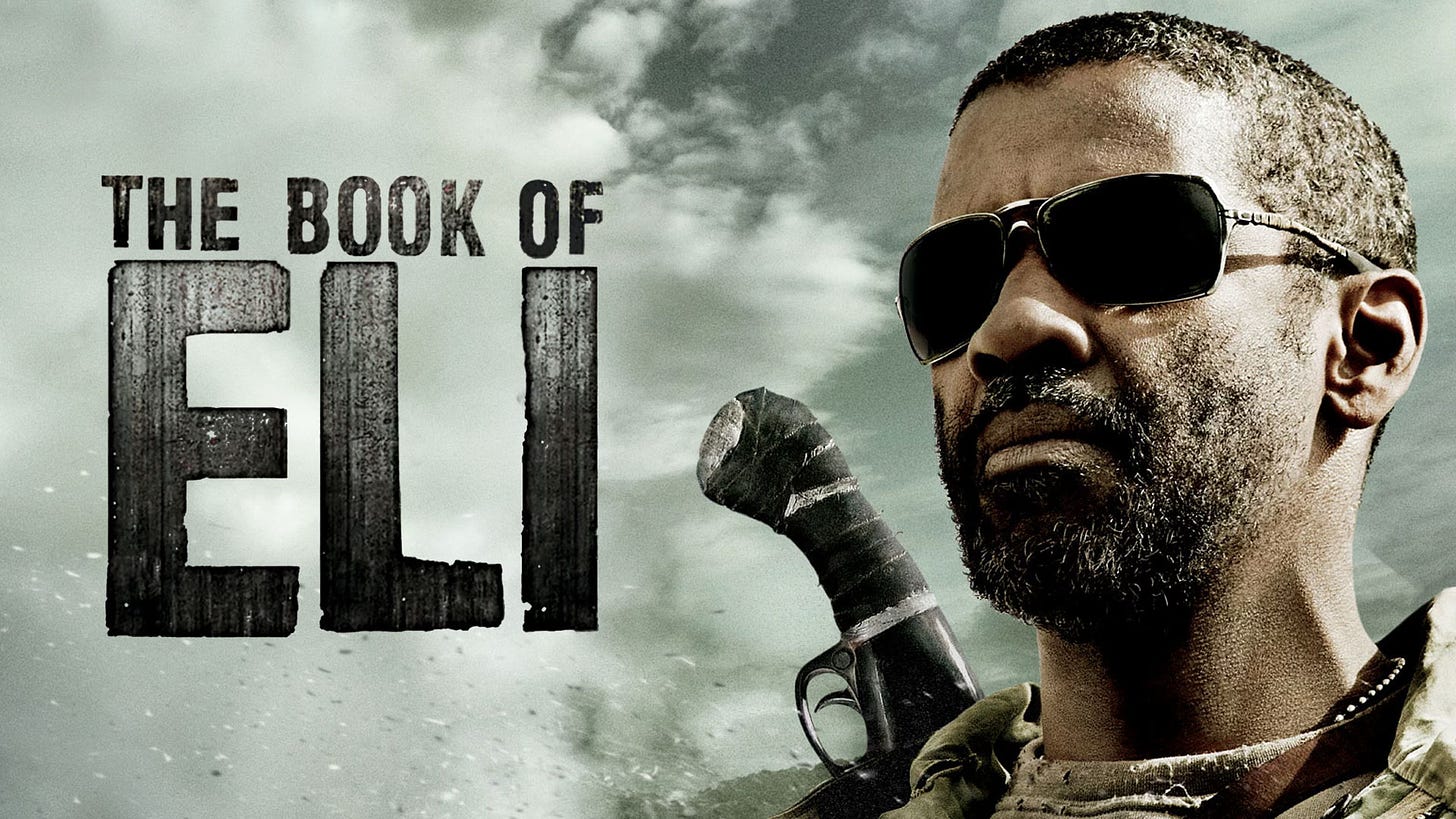Hello and happy Sunday!

Mornings in Jenin, by Susan Abulhawa
The spring equinox has found me reading books rather than news about books and authors. It’s been a good week; I started by planning to read our April book, The Talented Mr Ripley. No sooner had I finished that thought than Instagram opened a path for me to read another title: Mornings in Jenin by Susan Abulhawa.
One of my Italy-based friends just posted a review on Instagram saying she considers this devastating book a compulsory read for whoever wants to understand the current complexities of the conflicts between Israel and Palestine. Considering how easy it is to get news fatigue, I started reading it that night, hoping for context and clarity that doesn’t preach or take sides.
If, like me, you have been struggling to wrap your head around this topic, I recommend this highly lyrical and beautifully written book.
I will leave just this quote in particular which I loved, which is read by the character from Khalil Gibran’s The Prophet:
Your children are not your children.
They are the sons and daughters of Life’s longing for itself.
They come through you but not from you, and though they are with you yet they belong not to you.
You may give them your love but not your thoughts,
For they have their own thoughts.
You may house their bodies but not their souls,
For their souls dwell in the house of tomorrow, which you cannot visit, not even in your dreams.
You may strive to be like them, but seek not to make them like you.
For life goes not backward nor tarries with yesterday.
You are the bows from which your children as living arrows are sent forth.
The archer sees the mark upon the path of the infinite, and he bends you with his might that his arrows may go swift and far.
Let your bending in the archer’s hand be for gladness;
For even as he loves the arrow that flies, so he loves also the bow that is stable.
Stephen King’s Holly
I started this book back in November, but its first scene caught me at a time when I wasn’t open to Stephen King’s sometimes cruel heart, so I dropped it.
I picked it up again last week and I devoured it!
Every time I read Stephen King, I am mesmerised by how even he declares himself surprised by the story that evolves as he is writing. He is not a plotter or an outliner, so one scene takes him to another until a book comes to life. He does admit that sometimes the tangents he’s off on don’t flow and he writes himself into a corner, which is when he starts enumerating all the people who help him keep the story straight: editors, researchers, his wife. But mostly, I think he just sits down and writes word after word of literary genius.
With Holly he has a similar context: he loved the character he created with Mr Mercedes and wanted to have a book where she is the main character (or the main private investigator), but the only thing that was clear in his mind was a scene: Holly would be attending a Zoom funeral during Covid lockdown in 2021. Having finished the book, I am sitting here scratching my head and wondering “How did that scene take you to this book, Steve?”
One of the incidental pleasures offered by Holly is its allusion to books from earlier in King’s long literary career. The terrifying incarceration experienced by the novel’s victims, for example, recalls that of the central figure in Misery (1987). A reference to blood poured over a high school prom queen summons up thoughts of Carrie (1974), King’s first novel.
That said, this new book shows King experimenting and innovating, rather than simply being content to reactivate the tropes of his previous fiction.
The Conversation
As I was reading the book and looking at Goodreads for reviews and quotes, I was surprised to come across a lot of reviews that referred to the depiction of the pandemic context in the book.
In 2019, Stephen King released If It Bleeds, which he had been working on for a while. The main story has a timeline that runs late into 2020 which, knowing the reality of the pandemic’s effect on the whole world, doesn’t work. You’ve got characters running around carrying on with their lives in April 2020, doing normal things. Luckily, I read the book just as it came out, so I wasn’t that bothered by it; but I imagine that reading it today, readers would be confused.
In his own words:
(…) when I wrote If It Bleeds in 2019, Covid wasn’t on the radar. I hate it when real events screw with my fiction, but that happens from time to time. I’d change If It Bleeds if I could, but that would entail rewriting the entire story (…). I just wanted you to know I’m aware of the glitch.
Stephen King in the author’s note for Holly
So when he wrote Holly, Steve couldn’t leave out the elephant in the room: the action happens in 2021, Holly has to run an investigation by coming into contact with a bunch of characters from all walks of life, and some are more vocal about their attitude to vaccination or Trump than others. I would say, that is an accurate depiction of the average Americans: some are for it, others against it, some would address it, especially back when it was the topic on everyone’s minds.
This, however, has caused some readers to confuse the writing for something it was not: political views and opinions about vaccination. Goodreads is full of people calling the book politically controversial, or rating it one star because they don’t agree that Covid should have been so present.
While I agree to some degree that we all got our fair share of Covid news and regulations at the time, and it sometimes felt heavy to be reminded of it, I don’t condemn Stephen King for addressing the topic the way he has. It makes the book all the more realistic for me.
In his Rolling Stones interview, he also says:
Well, I wanted to write the book set in the time that I was actually writing the book, which was around 2020 or 2021. And I thought to myself, “Nobody would believe this if they hadn’t been through it. Nobody would actually understand the paranoia and the fear of Covid.” People will see archival footage when we’re old and gray. Well, I’m old and gray now, but when you’re old and gray, people will see footage of bodies being put in refrigerated trucks outside hospitals, and they’ll say, “Did that really happen? Could that have really happened?” And of course, it did. So in that sense, Holly is a time capsule of a particular time when I was writing the book.
The Book of Eli
When this movie came out in 2010, I went to see it in the cinema, and after the final scene, I went straight to the till to buy a ticket to watch it again. If you haven’t seen it, I highly recommend a watch, especially if you’re into dystopian stories, books, a bit of gruesomeness and Denzel Washington. Happily, I am into all these things, so imagine all the senses this film tickled for me.
To this day, I am surprised and slightly disappointed that it’s not based on a book, but considering the cinematography and the whimsical sepia filter throughout, I am not sure it would work as well on paper.
I rewatched this film this weekend and it still holds fresh, it’s as strikingly impressive as it was the first time I watched it and I still got huge satisfaction from it. Without giving too much away, the film does start with Eli hunting a cat, and then delicately having it for dinner, so I understand why it may be counterintuitive that I love it. But this may be the only flaw I find in it.
The villain’s (played by Gary Oldman) obsession with books (or a book in particular) in a world where most of them were burned, is something I can relate to and can get behind as motivation. I sometimes struggle with thin plot lines of what drives a villain. If it’s not something big enough, morally dubious enough or selfish enough, I find it hard to believe the entire plot.
For example, taken rationally, Sauron’s ambition in Lord of the Rings is a bit weak: to rule the world and turn it into darkness. So far, Thanos, from the Avengers universe has been the one I’ve understood for the most part: he wants to balance the world’s population so that its resources are enough for all. I can see that business plan working, however, he decides to commit genocide to make this happen, so therein lies the condemnation.
To come back to The Book of Eli, watch it on Netflix, if you haven’t already. The twist at the end will have you gasp!







